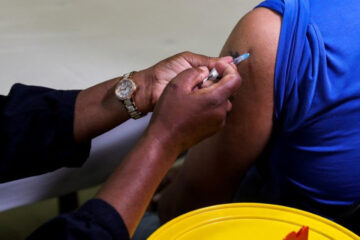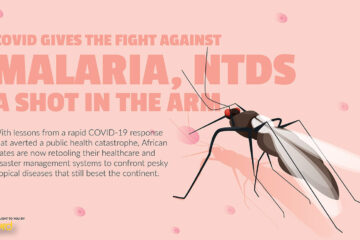NIKOLAJ SKYDSGAARD and JACOB GRONHOLT-PEDERSEN
CROWDS at Euro 2020 football stadiums and in pubs and bars in host cities are driving the current rise in coronavirus infections in Europe, the World Health Organisation (WHO) has said.
A 10-week decline in new coronavirus infections across the region has come to an end and a new wave of infections is inevitable if football fans and others drop their guard, according to WHO.
Last week, the number of new cases rose by 10%, driven by mixing of crowds in Euro 2020 host cities, travel and easing of social restrictions, WHO said.
“We need to look much beyond just the stadiums themselves,” WHO’s senior emergency officer, Catherine Smallwood, told reporters.
“We need to look at how people get there, are they travelling in large crowded convoys of buses? And when they leave the stadiums, are they going into crowded bars and pubs to watch the matches?
“It is these small continuous events that are driving the spread of the virus,” Smallwood said.
German Interior Minister Horst Seehofer called a decision by European soccer’s governing body UEFA to allow big crowds at Euro 2020 “utterly irresponsible”.
UEFA said in a statement to Reuters that mitigation measures at host venues “are fully aligned with the regulations set out by the competent local public health authorities”.
The rise in new COVID-19 cases is happening as the more contagious Delta virus variant spreads rapidly across Europe.
Nearly 2,000 people who live in Scotland have attended a Euro 2020 event while infectious with COVID-19, with many attending their group stage match against England in London on June 18, Scottish authorities said on Wednesday.
The rise in infections has raised concern that a third wave could spread across Europe in the autumn if people don’t get vaccinated.
“The concern of an autumn surge is still there, but what we see now is that it might come even earlier,” Smallwood said.












